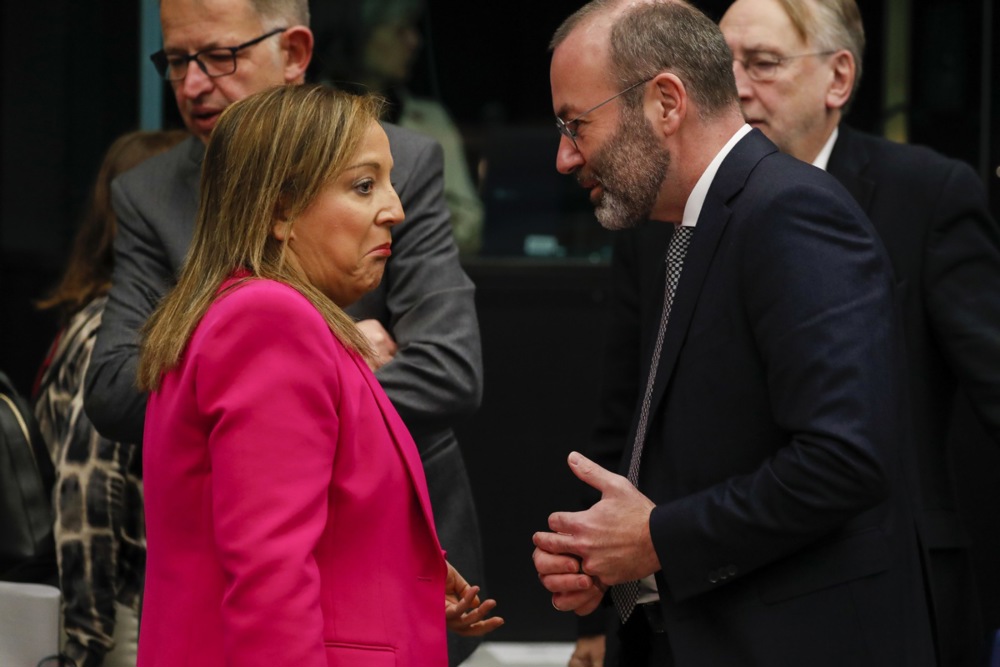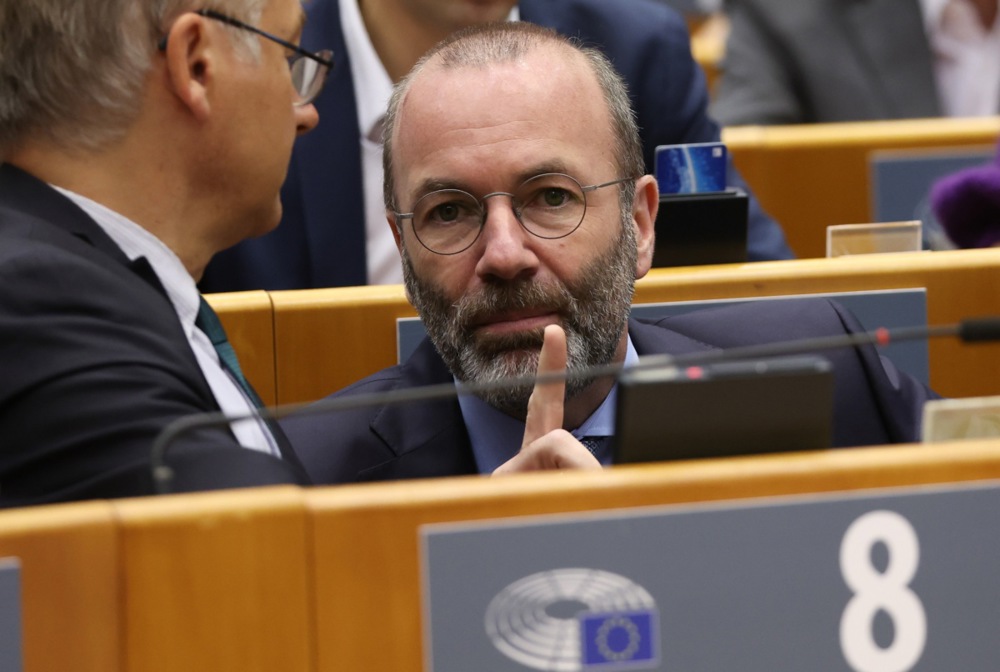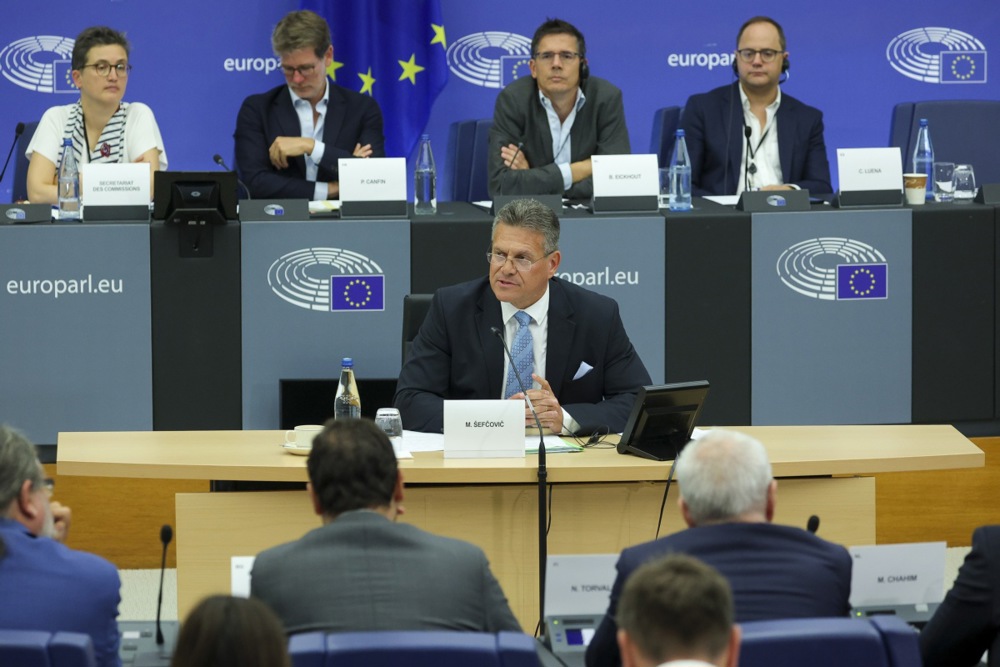The European Parliament’s Conservatives and Socialists are fighting over Spanish rule-of-law norms ahead of the next Strasbourg plenary starting on November 20.
With the Parliament set convene, the two biggest political groups look to be at loggerheads over the formation of Spain’s new government under Socialist Prime Minister Pedro Sanchez.
The government in Madrid was formed as the Spanish left-wing coalition gained the razor-thin support of Catalonian nationalists, in exchange for promising the Catalan leaders amnesty for their 2017 attempt to implement independence.
In one press release the centre-left Socialists and Democrats (S&D Group) welcomed Sanchez’s return to power.
“Spain once again has a progressive government”, said the S&D Group President Iratxe García Pérez.
“Together, we will continue to build a feminist, green and fair Europe. Together, we will stop reactionary movements in Europe.”
The view of the centre-right European People’s Party (EPP) was markedly different. Its members said the amnesty deal was a violation of Spain’s rule of law, as the Catalan independence attempt was declared a violation of Spain’s Constitution.
According to one Spanish EPP MEP, the deal risks “violating the separation of powers and undermining the independence of the judiciary”.
The EPP demanded the European Commission intervene and “assess whether the rule of law has been respected in Spain”.
Spain’s parliament re-elected Pedro Sánchez today from the Socialist Party as prime minister. https://t.co/C1Nl6eX0sC
— Brussels Signal (@brusselssignal) November 16, 2023
It said the agreement was an example of parliamentary politics overruling the decisions of the judiciary.
“Wiping out a decade of judicial work, with a law approved by a majority in the Parliament is reminiscent of what has happened in other countries where the European Commission has raised the red flag,” the EPP stated.
The European Commission has the power to deny European Union funds to Member States when those nations are said to not meet the EU’s standards for rule of law and judicial independence.
Many critics claim the EC uses this power as tool for its own political ends against more right-wing governments in countries such as Hungary and Poland.
With the topic of Spain’s rule of law set to be debated on November 24, the issue is becoming yet another point of polarisation between the Left and Right.
Spain’s Parliament re-elected Sánchez, of the Socialist Party, as Prime Minister on November 16, securing 179 MPs’ support in a close-fought battle with the Spanish Right.
Sánchez’s party agreed to table an amnesty law, benefiting secessionists, including those accused of rebellion. Left-leaning Catalan separatists and regional parties also supported the bid.
The Prime Minister stressed the deal would be transparent and apply to various individuals, including police officers affected by the political crisis.
The move faced opposition from right-wing blocs, with centre-right Popular Party leader Alberto Núñez Feijóo rejecting the amnesty.
Tensions persist, with hard-right Vox calling for further mobilisation following a series of mass demonstrations against the deal by Spanish nationalists. Sánchez is set to announce new cabinet members soon.





